How to maintain relationships
8 Steps to Having a Lasting Romantic Relationship
How can you develop a lasting romantic connection with your partner? How do you maintain love in a relationship?
Finding that special someone who complements your beliefs, goals, and quirks isn’t something that happens every day.
Sometimes, you have to date a number of people before you find someone you really mesh with.
When this happens, and you find someone you want to enter a relationship with, longevity isn’t something that’s promised.
Even relationships that have a solid foundation can require conscious effort to maintain.
To maintain love in a relationship, you may want to consider these eight aspects.
You’ve probably heard communication is key in a relationship. This remains true, whether it’s in your romantic life, personal life, or professional life.
Communicating isn’t as simple as just talking about things, however. Everyone has their own communication style.
Being in a relationship can mean learning how your communication style works and how it compares to your partner’s.
You may need to explore alternative methods if you don’t feel you both communicate effectively when emotions elevate.
Example of communicating
When you argue, you may always use “you” statements: “You always do this…” or “You never do that…”
Because “you” statements often assign blame, switching to “I” and “me” statements can help your partner feel less targeted. This can reduce friction and promote closeness.
Next time, try statements like, “I feel like this when…” or “That makes me feel…”
There’s a common saying that opposites attract. While this may be true in some areas of science, it isn’t always a sound relationship standard.
Yes, it can be important to retain your individuality while in a lasting romantic relationship. Who you are as an individual is what attracted you together in the first place.
Because of that, you’ll have differences, but having a common ground for bonding can also be important.
Spending time together doing something you both enjoy can solidify a friendship within your romantic relationship.
According to research looking at older couples in long-term relationships, companionship and laughter were among the most prized aspects of being with a partner.
If you never have a reason to spend time together, you may find you enjoy yourself most when you’re apart.
Example of doing things together
Doing something together doesn’t have to be pre-planned or specific to “date night.”
It can be cooking, exercising, or enjoying nature together. You might both enjoy playing video games, or maybe you’re both interested in the same TV shows.
If you aren’t, it may be a good idea to keep an open mind and try the other person’s hobbies and see whether you enjoy them, too. You could also find ways to combine interests.
If you love fishing, for example, and your partner loves reading outdoors, they may want to tag along more if they can read and there’s no pressure or expectation of having to fish.
We all have quirks and traits we bring to a relationship.
Sometimes, how we behave and think may be heavily influenced by past experiences. These behaviors might make it challenging to stay in long-term relationships.
If you’ve had past partners who were abusive or unfaithful, for example, you might find it challenging to fully trust a romantic partner.
Understanding who you are and what behaviors you may need to manage can be an important step toward relationship longevity.
You’re able to change yourself — not someone else. It’s your half of the equation you can take care of. And that’s already 50% progress.
Being open with your partner about working on yourself may help, as well. “I’m working on (issue). Please be patient with me” can go a long way toward encouraging understanding. It might also motivate them to work on themselves.
Example of working on yourself
Maybe you’ve been told in the past you’re quick to make accusations. Reflecting on that during conversation can help you become aware of how you’re reacting.
If you can recognize your behavior, you can take a step back mentally and adjust.
If you don’t feel your accusations are unwarranted, you can evaluate different ways to respond that might help your partner feel more heard.
A review on the research involving romantic relationships identified gratitude, or appreciation, as one of the critical components in a successful long-term romantic relationship.
The concept of showing appreciation, however, can be challenging. Saying “thank you” every 5 minutes when your partner does something can feel disingenuous.
Developing alternative ways to show appreciation may help keep a level of sincerity and can promote a sense of awareness for the things your partner does.
Example of showing appreciation
Showing appreciation doesn’t have to be verbal. It can be through small actions, like not leaving your clothes on the floor after your partner just cleaned the bathroom.
You’re showing you recognized they put a lot of effort into cleaning, and because you appreciate that, you will take the extra moment to put your clothes in the hamper.
Feeling ignored can sometimes be worse than feeling like you’re just on opposite sides of a debate.
Data from a 2011 study showed how your partner perceives your responsiveness is directly linked to long-term relationship satisfaction.
Example of responsiveness
Responsiveness doesn’t have to mean having a heated debate. It can be pausing the movie you’re watching if your partner asks you a question.
It can take the form of active listening or acknowledgment of something simple.
If your partner tells you they saw a beautiful butterfly in the garden, you can show responsiveness by looking at them, smiling, and saying, “How nice!”
Just as you can only manage your behaviors, your partner is responsible for what they bring to the relationship.
If your partner has experienced trauma or other situations that may influence their behaviors, they may benefit from professional guidance.
If they’re open to it, you may be able to act as a support network to encourage them to speak with a mental health professional.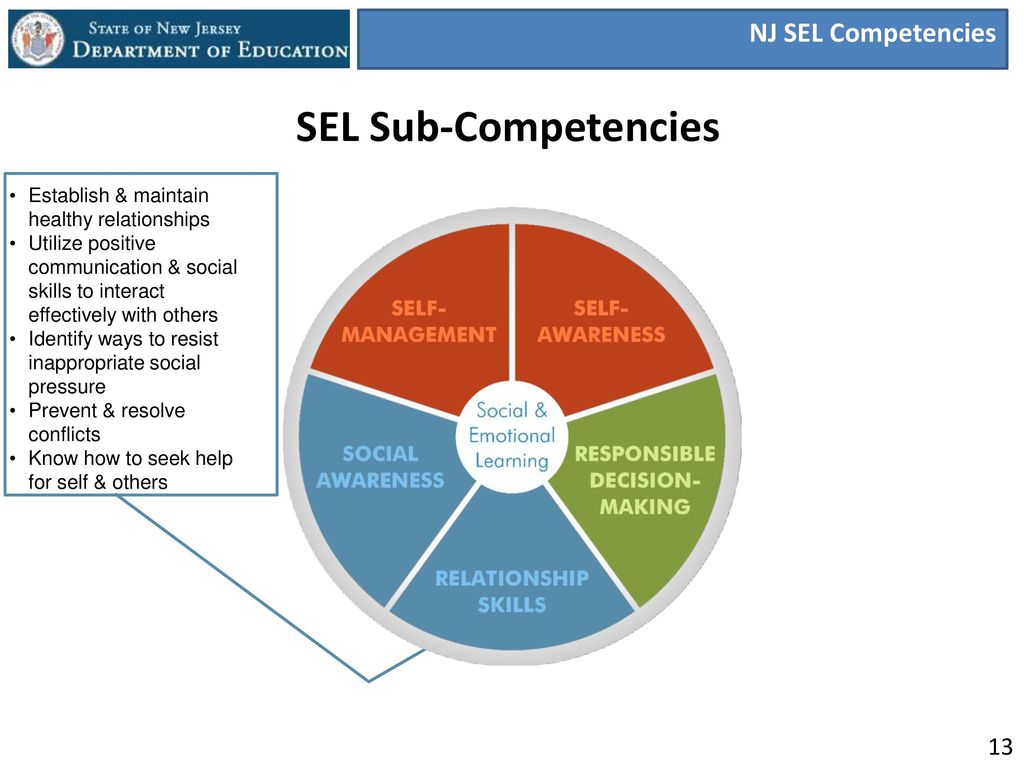
Example of helping them help themselves
Letting a partner know you understand why they experience trust issues can open the door to suggesting you both attend couples therapy as a way to establish trust and better communication.
Words are there to help us accurately convey our thoughts.
You may not actively think about it, but the way you say things matters, even if your partner might recognize a different underlying intent.
Saying, “Don’t be stupid,” when your partner does something absentmindedly literally implies they’re acting out of a lack of intelligence.
Over time, statements like this can ding self-esteem, and according to research from 2014, high self-esteem is linked to both partners’ relationship satisfaction.
Example of reviewing how you say things
If your partner drops a plate full of food because they accidentally tripped, instead of saying, “What’s the matter with you? Why don’t you watch where you’re going?” saying something like “Are you OK? Don’t worry, it happens to everyone,” can be less likely to cause feelings of embarrassment or resentment.
Intimacy, both emotional and physical, can demonstrate how important your partner is to you.
Emotional intimacy often involves sharing deeply personal thoughts, beliefs, and dreams. Physical intimacy tends to be a sexual or affectionate physical expression of the bond you share as a couple.
In 2014, research found intimacy level had a strong influence on a couple’s relationship satisfaction.
Example of encouraging intimacy
Everyone has a unique sex drive, and it’s not uncommon for couples to have differences in this regard.
You can encourage physical intimacy by creating opportunities. Maybe you organize a babysitter for the kids, or make dinner early so your partner doesn’t have to do it when they get home.
Emotionally, you can encourage intimacy through conversation, or games. Asking “what if” questions and “would you rather” questions can be a fun way to explore inner thoughts.
There’s no single recipe for success when it comes to lasting romantic relationships. But building fulfilling bonds is possible with a little effort and intention.
But building fulfilling bonds is possible with a little effort and intention.
While we all have basic relationship needs such as affection, security, and acceptance, how these needs are met can vary from individual to individual.
Appreciation, for example, may present through affection. Acceptance might develop through open communication and self-esteem building.
If you feel you have common ground with your partner but just can’t put your finger on what’s missing, couple’s therapy may be a good place to explore your relationship dynamic.
8 Steps to Having a Lasting Romantic Relationship
How can you develop a lasting romantic connection with your partner? How do you maintain love in a relationship?
Finding that special someone who complements your beliefs, goals, and quirks isn’t something that happens every day.
Sometimes, you have to date a number of people before you find someone you really mesh with.
When this happens, and you find someone you want to enter a relationship with, longevity isn’t something that’s promised.
Even relationships that have a solid foundation can require conscious effort to maintain.
To maintain love in a relationship, you may want to consider these eight aspects.
You’ve probably heard communication is key in a relationship. This remains true, whether it’s in your romantic life, personal life, or professional life.
Communicating isn’t as simple as just talking about things, however. Everyone has their own communication style.
Being in a relationship can mean learning how your communication style works and how it compares to your partner’s.
You may need to explore alternative methods if you don’t feel you both communicate effectively when emotions elevate.
Example of communicating
When you argue, you may always use “you” statements: “You always do this…” or “You never do that…”
Because “you” statements often assign blame, switching to “I” and “me” statements can help your partner feel less targeted. This can reduce friction and promote closeness.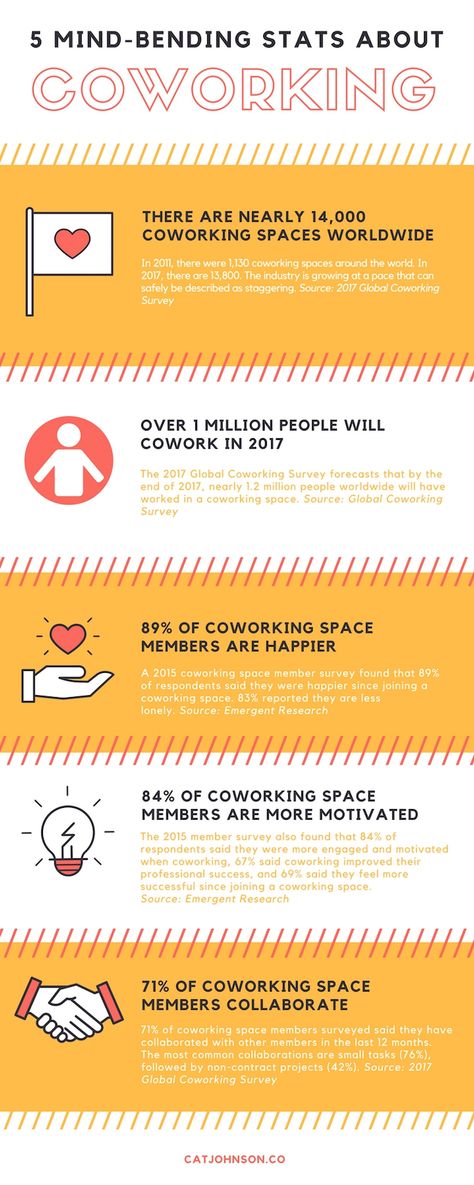
Next time, try statements like, “I feel like this when…” or “That makes me feel…”
There’s a common saying that opposites attract. While this may be true in some areas of science, it isn’t always a sound relationship standard.
Yes, it can be important to retain your individuality while in a lasting romantic relationship. Who you are as an individual is what attracted you together in the first place.
Because of that, you’ll have differences, but having a common ground for bonding can also be important.
Spending time together doing something you both enjoy can solidify a friendship within your romantic relationship.
According to research looking at older couples in long-term relationships, companionship and laughter were among the most prized aspects of being with a partner.
If you never have a reason to spend time together, you may find you enjoy yourself most when you’re apart.
Example of doing things together
Doing something together doesn’t have to be pre-planned or specific to “date night. ”
”
It can be cooking, exercising, or enjoying nature together. You might both enjoy playing video games, or maybe you’re both interested in the same TV shows.
If you aren’t, it may be a good idea to keep an open mind and try the other person’s hobbies and see whether you enjoy them, too. You could also find ways to combine interests.
If you love fishing, for example, and your partner loves reading outdoors, they may want to tag along more if they can read and there’s no pressure or expectation of having to fish.
We all have quirks and traits we bring to a relationship.
Sometimes, how we behave and think may be heavily influenced by past experiences. These behaviors might make it challenging to stay in long-term relationships.
If you’ve had past partners who were abusive or unfaithful, for example, you might find it challenging to fully trust a romantic partner.
Understanding who you are and what behaviors you may need to manage can be an important step toward relationship longevity.
You’re able to change yourself — not someone else. It’s your half of the equation you can take care of. And that’s already 50% progress.
Being open with your partner about working on yourself may help, as well. “I’m working on (issue). Please be patient with me” can go a long way toward encouraging understanding. It might also motivate them to work on themselves.
Example of working on yourself
Maybe you’ve been told in the past you’re quick to make accusations. Reflecting on that during conversation can help you become aware of how you’re reacting.
If you can recognize your behavior, you can take a step back mentally and adjust.
If you don’t feel your accusations are unwarranted, you can evaluate different ways to respond that might help your partner feel more heard.
A review on the research involving romantic relationships identified gratitude, or appreciation, as one of the critical components in a successful long-term romantic relationship.
The concept of showing appreciation, however, can be challenging. Saying “thank you” every 5 minutes when your partner does something can feel disingenuous.
Developing alternative ways to show appreciation may help keep a level of sincerity and can promote a sense of awareness for the things your partner does.
Example of showing appreciation
Showing appreciation doesn’t have to be verbal. It can be through small actions, like not leaving your clothes on the floor after your partner just cleaned the bathroom.
You’re showing you recognized they put a lot of effort into cleaning, and because you appreciate that, you will take the extra moment to put your clothes in the hamper.
Feeling ignored can sometimes be worse than feeling like you’re just on opposite sides of a debate.
Data from a 2011 study showed how your partner perceives your responsiveness is directly linked to long-term relationship satisfaction.
Example of responsiveness
Responsiveness doesn’t have to mean having a heated debate.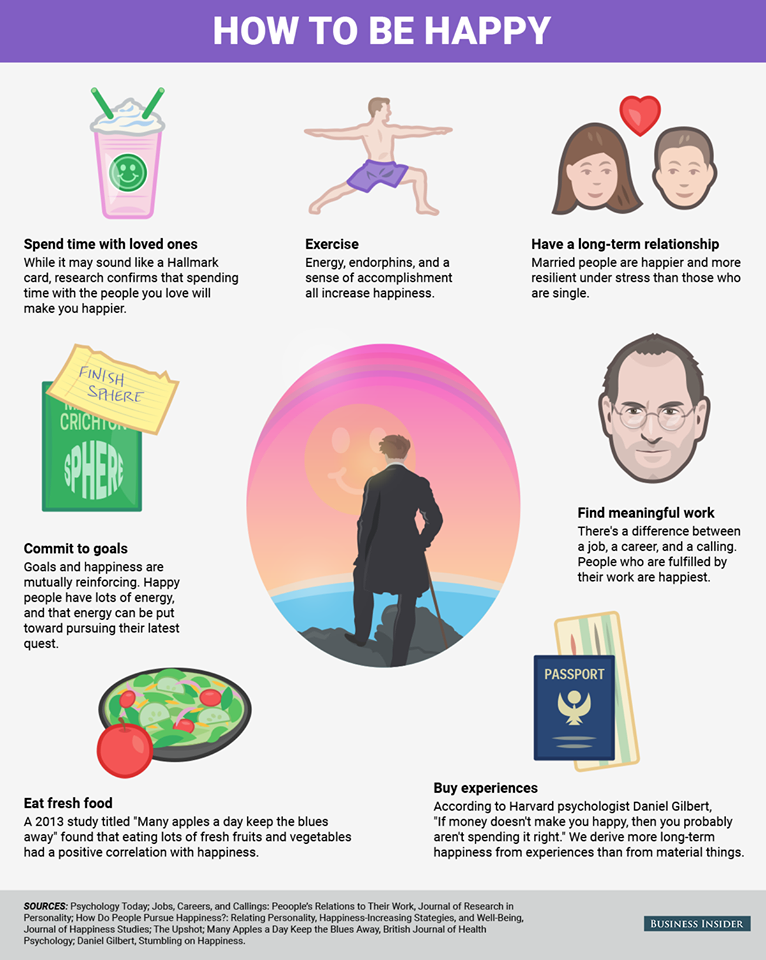 It can be pausing the movie you’re watching if your partner asks you a question.
It can be pausing the movie you’re watching if your partner asks you a question.
It can take the form of active listening or acknowledgment of something simple.
If your partner tells you they saw a beautiful butterfly in the garden, you can show responsiveness by looking at them, smiling, and saying, “How nice!”
Just as you can only manage your behaviors, your partner is responsible for what they bring to the relationship.
If your partner has experienced trauma or other situations that may influence their behaviors, they may benefit from professional guidance.
If they’re open to it, you may be able to act as a support network to encourage them to speak with a mental health professional.
Example of helping them help themselves
Letting a partner know you understand why they experience trust issues can open the door to suggesting you both attend couples therapy as a way to establish trust and better communication.
Words are there to help us accurately convey our thoughts.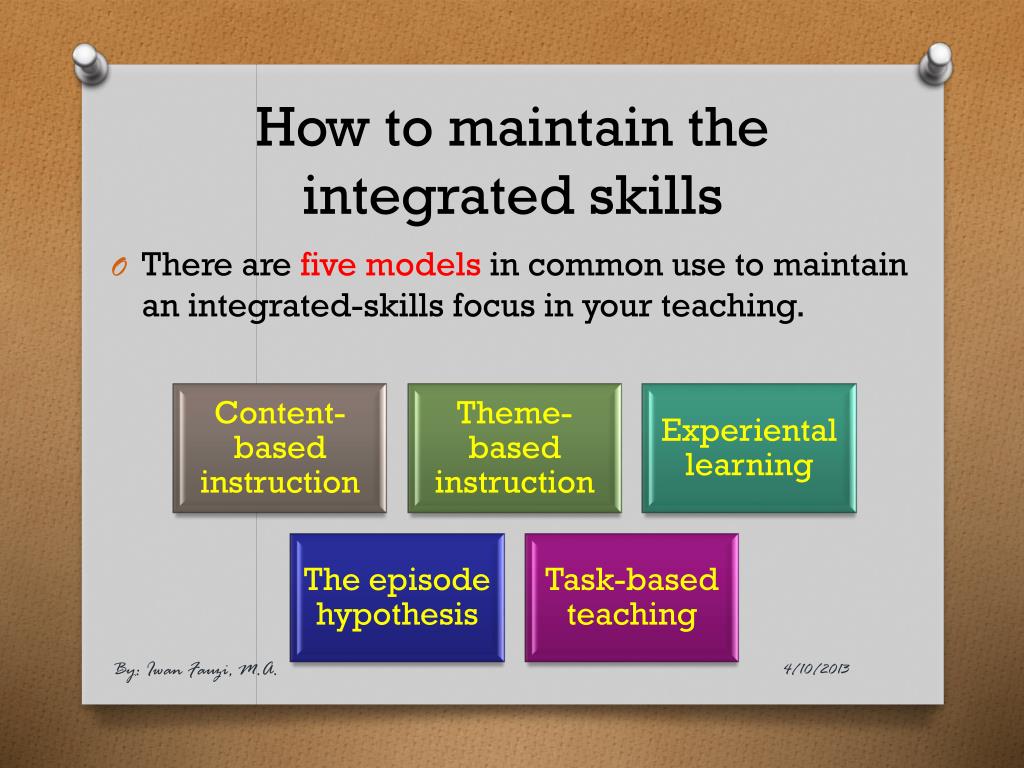
You may not actively think about it, but the way you say things matters, even if your partner might recognize a different underlying intent.
Saying, “Don’t be stupid,” when your partner does something absentmindedly literally implies they’re acting out of a lack of intelligence.
Over time, statements like this can ding self-esteem, and according to research from 2014, high self-esteem is linked to both partners’ relationship satisfaction.
Example of reviewing how you say things
If your partner drops a plate full of food because they accidentally tripped, instead of saying, “What’s the matter with you? Why don’t you watch where you’re going?” saying something like “Are you OK? Don’t worry, it happens to everyone,” can be less likely to cause feelings of embarrassment or resentment.
Intimacy, both emotional and physical, can demonstrate how important your partner is to you.
Emotional intimacy often involves sharing deeply personal thoughts, beliefs, and dreams. Physical intimacy tends to be a sexual or affectionate physical expression of the bond you share as a couple.
Physical intimacy tends to be a sexual or affectionate physical expression of the bond you share as a couple.
In 2014, research found intimacy level had a strong influence on a couple’s relationship satisfaction.
Example of encouraging intimacy
Everyone has a unique sex drive, and it’s not uncommon for couples to have differences in this regard.
You can encourage physical intimacy by creating opportunities. Maybe you organize a babysitter for the kids, or make dinner early so your partner doesn’t have to do it when they get home.
Emotionally, you can encourage intimacy through conversation, or games. Asking “what if” questions and “would you rather” questions can be a fun way to explore inner thoughts.
There’s no single recipe for success when it comes to lasting romantic relationships. But building fulfilling bonds is possible with a little effort and intention.
While we all have basic relationship needs such as affection, security, and acceptance, how these needs are met can vary from individual to individual.
Appreciation, for example, may present through affection. Acceptance might develop through open communication and self-esteem building.
If you feel you have common ground with your partner but just can’t put your finger on what’s missing, couple’s therapy may be a good place to explore your relationship dynamic.
How to strengthen relationships: 10 wise advice for all time
Psychology
The phrase that everyone repeated at least once in their life: “Relationships are not easy!” I want to clarify. In theory, relationships themselves are very simple, because they develop in a natural rhythm according to the will of feelings: they met, fell in love, decided to be together. But the people involved in a relationship can make it difficult - and even very difficult.
The fact is that we are not very pleased with the idea that "relationships need to be worked on." What kind of nonsense is this, but what about love? Why is a harmonious union, which arose from a great and bright feeling, not able to magically work by itself, like a well-oiled machine?
Unfortunately, even the heroes of fairy tales do not hope for such a thing. Relationships really take effort, and they can be strong and happy - if you know the right life hacks. A romantic connection can be strengthened and improved by working in two directions:
Relationships really take effort, and they can be strong and happy - if you know the right life hacks. A romantic connection can be strengthened and improved by working in two directions:
- demanding more from yourself,
- demanding more from a partner.
No magic is required, everything is extremely simple and is set out below in ten tips, following which you get a sure chance to extend your relationship to the "forever" mode.
1. Don't sacrifice your personal life
Not in the sense of "keep dating with a stable partner" - that kind of freedom is hard to reconcile with serious intentions. You can burn with sincere passion for each other, but this does not mean that the rest of your life should be dissolved in selfless adoration. Do not forget your friends and loved ones, do not give up evening yoga, Saturday sessions at the spa and Sunday breakfasts with your sister. Take care of your independence, do not drown your personality in love, do not get into the habit of asking for time off and reporting - having lost the status of single, you can still do whatever you want, whenever you want. It invigorates, maintains self-esteem and saves relationships from routine and boredom.
It invigorates, maintains self-esteem and saves relationships from routine and boredom.
A still from the movie “Tenderness”
2. Be honest with your feelings
Tell yourself the truth and nothing but the truth: are you really happy? Satisfied? Physically, emotionally, mentally? Yes, this is not easy - the female nature is prone to sacrificial compromises, but these three points are crucial. If you are connected only by mind-blowing sex, sooner or later the problem “what about talking?” Will arise. If you entertain each other with a play on words, but at the same time, intimacy slips into a “C grade” - the prognosis is also unfavorable. Or are you satisfied with both the mind and physiology, but he avoids talking about love and has never given a flower? Obviously, this will soon cease to suit you, too. The secret of strong reciprocity is in a strong and natural connection on all points; therefore, make sure that everything in your relationship is the way it is, or at least goes towards it. In other scenarios, think about ways to retreat.
In other scenarios, think about ways to retreat.
A still from the film "My King"
3. Do not pursue or torment with jealousy
Oh, that eternal woman's question: "Where are you?", piercing men like a voodoo spellcaster's needle. If you bombard him with messages 24/7, call him a hundred times a day, and in general your world revolves only around him, it's time to admit that your feelings are mutating into addiction. Persecution strangles men. This approach will not help to keep anyone, acting exactly the opposite. Be more confident in yourself, do not worry, he will not go anywhere. And even if you got such a hot handsome man that it's hard not to worry about this topic, convince yourself that you will be fine anyway. Disable the chase option. Once and forever. Remember that you are the fire. Let him chase you, it's much more fun.
A still from the movie One Day
4. Love and take care of yourself
Many women complain that they either cannot find the right partner or are always attracted to specimens who treat them the wrong way. The reason is low self-esteem: we attract the level of love that we experience for ourselves. It is impossible to burn yourself with the napalm of self-criticism on a daily basis and expect others to treat you like a queen. Believe me, men easily read it.
The reason is low self-esteem: we attract the level of love that we experience for ourselves. It is impossible to burn yourself with the napalm of self-criticism on a daily basis and expect others to treat you like a queen. Believe me, men easily read it.
Take a positive look at your qualities and start loving yourself for who you are right now. And if you love yourself, then take care of yourself - stay healthy, go to bed on time, have a relaxing bubble bath, or maybe a spontaneous bachelorette party tonight. It is very important to pamper yourself by nourishing the soul outside of the relationship, otherwise you will have nothing to give.
A scene from the film Longtime Lovers
5. Do not try to please and adapt
The desire to please is based on the expectation of positive feedback: love, kindness, gratitude. However, the world is unnecessarily generous with negativity, and people will gladly use you, recognizing the need to give themselves without reserve.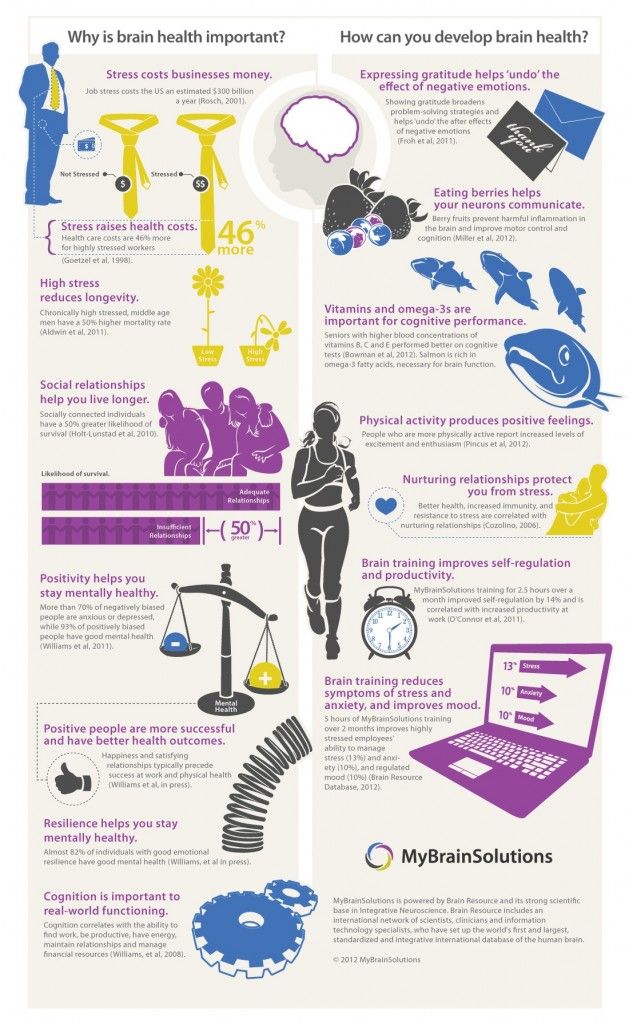 Relationships are a two-way street: pamper yourselves, but make sure you're pampered too. Strive for a healthy balance of self-giving and selfishness. And please, don’t be fooled by the fear of loneliness, agreeing to options from the series “let it be at least that way” - this approach does not bring happiness. I am not one of those who are waiting for Mr. Perfection, but I firmly believe that each of us can count on the “what we need” option.
Relationships are a two-way street: pamper yourselves, but make sure you're pampered too. Strive for a healthy balance of self-giving and selfishness. And please, don’t be fooled by the fear of loneliness, agreeing to options from the series “let it be at least that way” - this approach does not bring happiness. I am not one of those who are waiting for Mr. Perfection, but I firmly believe that each of us can count on the “what we need” option.
A still from the movie “One Meeting”
6. Don't avoid problems
Nobody likes conflicts. I mean, there are certainly people who are entertained by strife, but apparently they are in the minority. But what happens if the partners, not wanting to sort things out, constantly turn on avoidance mode? Nothing good. If you avoid problems for years, they will accumulate, and one day you will wake up 25 years later and realize that you will never be able to sort them out, because you have long forgotten how this huge pile began. Don't suppress negative (or positive) emotions. Talk to your partner about any issues that are bothering you. Firstly, you are a team, which means that we must work together to overcome adversity. And secondly, you always deserve respect and the right to speak out.
Don't suppress negative (or positive) emotions. Talk to your partner about any issues that are bothering you. Firstly, you are a team, which means that we must work together to overcome adversity. And secondly, you always deserve respect and the right to speak out.
A scene from the movie The Lovers
7. Make time for each other promising stage. Your connection needs care and attention, confessions and walks, surprises and gifts, romantic dates and cozy home evenings. Be creative, spare no energy to feed your feelings.
Still from the movie Revolutionary Road
8. Equal Effort
There's a saying that relationships require 50/50. What nonsense, only 100/100! Both partners must put 100% effort every day to maintain the relationship at the right degree and dynamics. It is difficult to expect harmony from the connection "100 to 20", "100 to 50" or even "100 to 99". You must be equal. If your alliance is out of balance, you need to talk about it in order to get back on track.
Still from the film Water for Elephants
9. Be generous with empathy and appreciation
When you work as a team, you can't go against each other. So, you can not take into account only your own point of view. Whether you're right or wrong, accept the reality of the difference in perception. If your partner sees the situation differently, try to understand and, most importantly, let him know that you respect his view of things. What else? Be a good listener and feel free to be grateful. Even if he just loaded the dishwasher, tell him "thank you". Thank him for what he does for you and he will want to do it again to make you happy. And, of course, he will be grateful in return.
A still from the film The English Patient
10. Don't try to change him
It's no secret that many women believe they can change their lives. “If I make him lose 10 kilos, he will be much more attractive”, or “If I can wean him from video games, I will be happy”, or “Once we get married, he will change for the better” - all these internal insinuations have no relationship to real love and long-term happiness.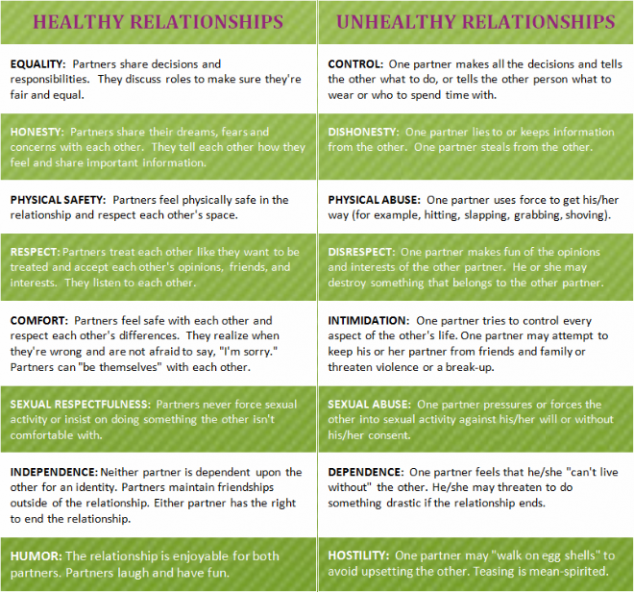 If you don't like the way he looks, talks, or kisses right now, without thinking of any miraculous changes, you shouldn't be with him. Dot. Free yourself from fictitious duties - leave it to someone who will be happy with the original.
If you don't like the way he looks, talks, or kisses right now, without thinking of any miraculous changes, you shouldn't be with him. Dot. Free yourself from fictitious duties - leave it to someone who will be happy with the original.
Read also:
25 things, which the couple should do together at least once in your life
The main thing is not victory: how to argue with your beloved
Smirnova NATASHA
Tags
- Psychology 9012
- Relation
6 Ways to Keep Your Relationship Lasting
During the first wave of the coronavirus pandemic, Forbes magazine released data from a survey of 1,200 married and engaged couples who decided to isolate together. The study showed that 40% of respondents began to spend with each other 20 hours a week more than before. People began to cook together, watch movies, do household chores.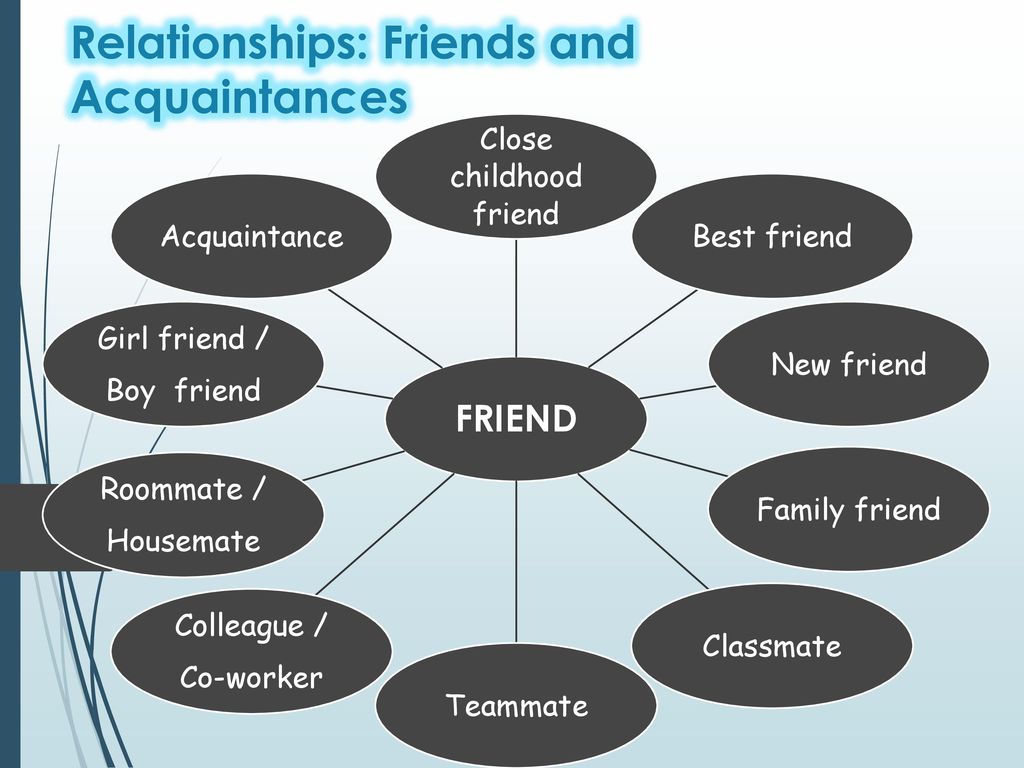 However, only 18% of the participants were satisfied with the quality of communication: it turned out that anxiety, stress and the inability to stay in each other's company for a long time interfere with the desire to get to know a partner better. The good news is that psychologists have proven methods to help people learn how to be together for a long time, in quarantine and in a “peaceful life”.
However, only 18% of the participants were satisfied with the quality of communication: it turned out that anxiety, stress and the inability to stay in each other's company for a long time interfere with the desire to get to know a partner better. The good news is that psychologists have proven methods to help people learn how to be together for a long time, in quarantine and in a “peaceful life”.
Go on dates and have fun
If you spend a lot of time together at home or at work, you should not give up romantic acts, surprises and dates, psychologists say.
© Unsplash
You can order food from your favorite restaurant for a romantic dinner. Schedule a daily "laugh" session: send funny videos and memes to each other, or stick notes on the bathroom mirror. Try to fool around together: sing, dance, play games, build a bungalow out of sheets and fight with pillows. Go for a walk or lay out a large piece of paper on your table and draw the route of your dream trip together.
Try to take care of each other in small things: for example, bring a partner who is busy on a work video conference a cup of tea or coffee. You can make a list of things that calm and relax each of you (music, sports, meditation, books, massage). This will make it easier to help each other relieve stress and find balance.
Have sex
Experts advise having sex as often as possible as it is the best way to relax and connect with your partner. During sex, oxytocin is produced - a hormone of affection and comfort, thanks to which people become more tender to each other, find fault with the words and actions of a partner less often, and conflict less.
Don't get hung up on the amount of sex if it's enough for both partners. But sometimes misunderstandings and quarrels are possible. For example, when one partner believes that sex is the best alternative to any leisure activities, and the second one has more important things to do, in his opinion. In addition, men are more likely to relieve stress in bed, while women in an anxious situation may have a reduced desire for intimacy.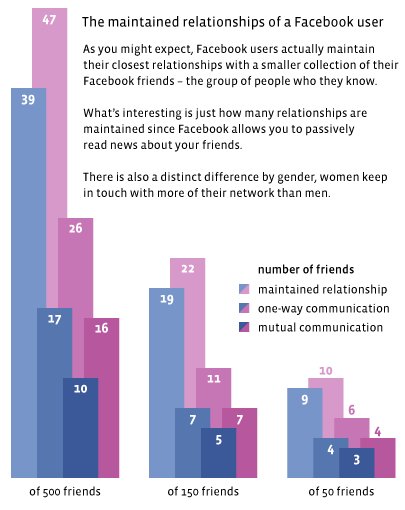 If one or both in a couple is uncomfortable, you need to honestly discuss the issue.
If one or both in a couple is uncomfortable, you need to honestly discuss the issue.
Discuss problems calmly
Learn to constructively say unpleasant things about each other's behavior and habits, since there is no long-term relationship without conflict.
© Unsplash
Try to keep a diary and write down what makes your partner upset or angry. Psychologists note that in another person we are often annoyed by what we fear or do not accept in ourselves. Try to analyze on your own or with the help of a specialist what personal fears and why activate your partner's actions. For example, one person in a stressful situation begins to eat more, and the other is afraid to gain weight and therefore unconsciously angry at such behavior.
Agree twice a week to discuss one episode from your lists. If you have children, try not to let them hear the conversation. Before sorting out an insult or conflict, calm down and remember the pluses of the relationship and the features for which you value your partner. Try to find five good things for every bad thing. Do not forget about body language - smiles, a direct friendly look, copying the habitual movements and gestures of a partner unconsciously create a comfortable environment. And focus on a specific situation - you should not remember your loved one's misdeeds in the entire history of your acquaintance.
Try to find five good things for every bad thing. Do not forget about body language - smiles, a direct friendly look, copying the habitual movements and gestures of a partner unconsciously create a comfortable environment. And focus on a specific situation - you should not remember your loved one's misdeeds in the entire history of your acquaintance.
Follow a daily schedule
Try to stay on schedule, even if you don't have to get up for work in the morning.
Keeping a schedule is especially important for couples with children, as they have to balance work and activities with toddlers and school children during holidays or quarantine.
Psychologists suggest approaching family responsibilities as a business project. Try to have meetings every Sunday to plan for the coming week and create a system that takes into account the interests of all family members. Schedule work hours for everyone, childcare, entertainment, household chores, and personal time. After a week, discuss what worked and what didn’t work in the past seven days – this will help you calmly assess the situation and sort out conflicts.
Find time for yourself
Don't have to do everything together all the time - this creates a feeling of blurred boundaries and adds anxiety and irritation. Include time in your schedule when everyone can be alone with themselves, do what they like, chat with their friends or be quiet.
Don't feel selfish because you're investing those one or two hours of solitude into the future of the relationship. The better you feel, the more energy you will have to take care of loved ones.
Praise and support each other
Blaming and ridicule do not help solve the problem even in normal times, and in a crisis situation the likelihood of conflict becomes higher.
Instead of criticizing, try to praise each other and compliment each other at least 5-10 times a day. Give thanks for simple, familiar things: a cooked breakfast, washed dishes, a movie chosen for the evening. Feel free to tell your childcare partner that he is a good parent, especially if you haven't done so before.











